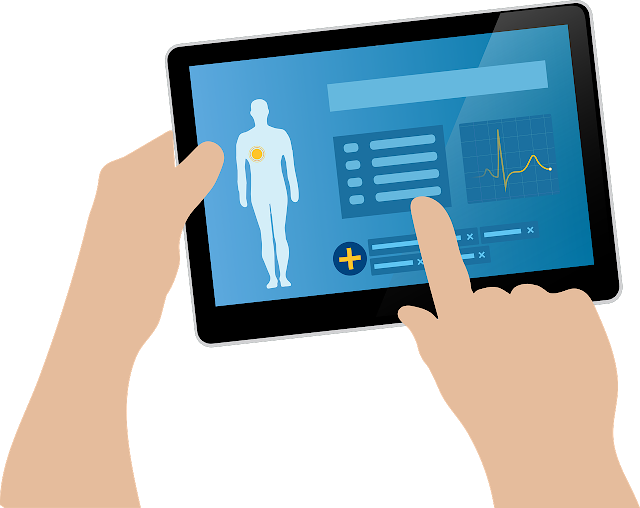 |
| Health And Technology: Trends You Need To Know |
Just like a mobile phone or computer technology,
healthcare-related technology has dramatically improved in the past 10 years.
Already the health technology was a growing market, but recently it has
exploded, due to extensive and non-invasive technology that aids productivity
and performance. Here are some trends to keep an eye on:
Telemedicine
These days, telemedicine is a popular concept. Not only does
it allow a doctor to evaluate a patient, whilst staying on a strict timeline,
but it also helps avoid the transmission of viruses. While modern countries
have embraced telemedicine because it allows decreased wait times and maintains
an accurate diagnosis rate, third world countries are embracing telemedicine
because it allows rural patients the opportunity to speak with an experienced
physician that they may otherwise not be able to see. Of course, in third world
countries, the bigger issue is the poor internet connection, but advances are
being made to improve that. Right now though, telemedicine is experiencing
rapid growth and while there are still some issues to work out, it’s largely
popular and successful.
Telehealth
is more than just online conversations with one’s doctors. It also includes the
wearing of devices or using devices that can send health information back to
the doctor, thus limiting hospital visits, whilst still ensuring a patient is
healthy. Real-time monitoring of patients outside a hospital offers freedom for
chronically ill patients that has never existed before now.
Artificial Intelligence (AI) In Healthcare
No, we’re not in the future where all of our healthcare is
overseen by cold, faceless robots. But, AI
devices in healthcare are being used more commonly for a variety of
factors. AI machines can offer excellent care by working out a diagnosis
through images and a highly specific algorithm. The FDA recently approved an AI
diagnostic device that does just that by examining photos of a retina and
diagnosing diseases. While the technology isn’t 100% accurate, it does give us
a glimpse into the future.
Healthcare Clouds
Like telemedicine, having one’s healthcare in the cloud
wasn’t a common thought 10 years ago, and today it’s slowly being implemented.
As doctors meet with hundreds of thousands of patients, paper filing systems
are slowly being transitioned to the cloud. Utilizing
the cloud allows for nearly unlimited data being stored by hospitals, which
means that if a person moves, all of their medical records can be saved and
sent along with them.
Because record-keeping falls under HIPAA compliance, using a
secure cloud technology is actually safer and prevents a patient’s private
information from being seen, as opposed to paper records. The problem arises
with HIPAA and personal information when a doctor and patient have a
confidential conversation through a video conference. Unfortunately, there is
no way currently to guarantee that a video conversation is completely secure,
therefore there are some potential issues using healthcare clouds exclusively
for every patient’s personal information.
Chatbots
Nearly every large website and a lot of the smaller ones
utilize chatbots to work with customers and give them advice, without having
hundreds of live workers waiting for a potential chat. Hospitals and doctor’s
offices are taking note of the process and working to implement it in a
smaller, contained, HIPPA approved way.
Chatbots
in healthcare would allow basic questions to be fielded, without requiring
a triage nurse to give individualized advice to common questions. For instance,
a chatbot in a pediatric doctor’s office could give advice on when to
administer medicine for a child who has a fever. More in-depth advice of course
would be given by a triage nurse, but a chatbot allows already overworked
nurses the ability to focus on patients who need more care.
Like other forms of technological healthcare, chatbots need
to be carefully monitored, to ensure that correct advice was given and to
ensure that the vital patient confidentiality was followed. Yet, they do offer
many opportunities to help in a limited manner.
In the next 10 years, technology in the healthcare field
will only continue to grow and expand. While nobody thinks we’ll be seeing
robot doctors just yet, technology does offer unique advances that can aid and
assist many people, thus ensuring reliable healthcare for many.
